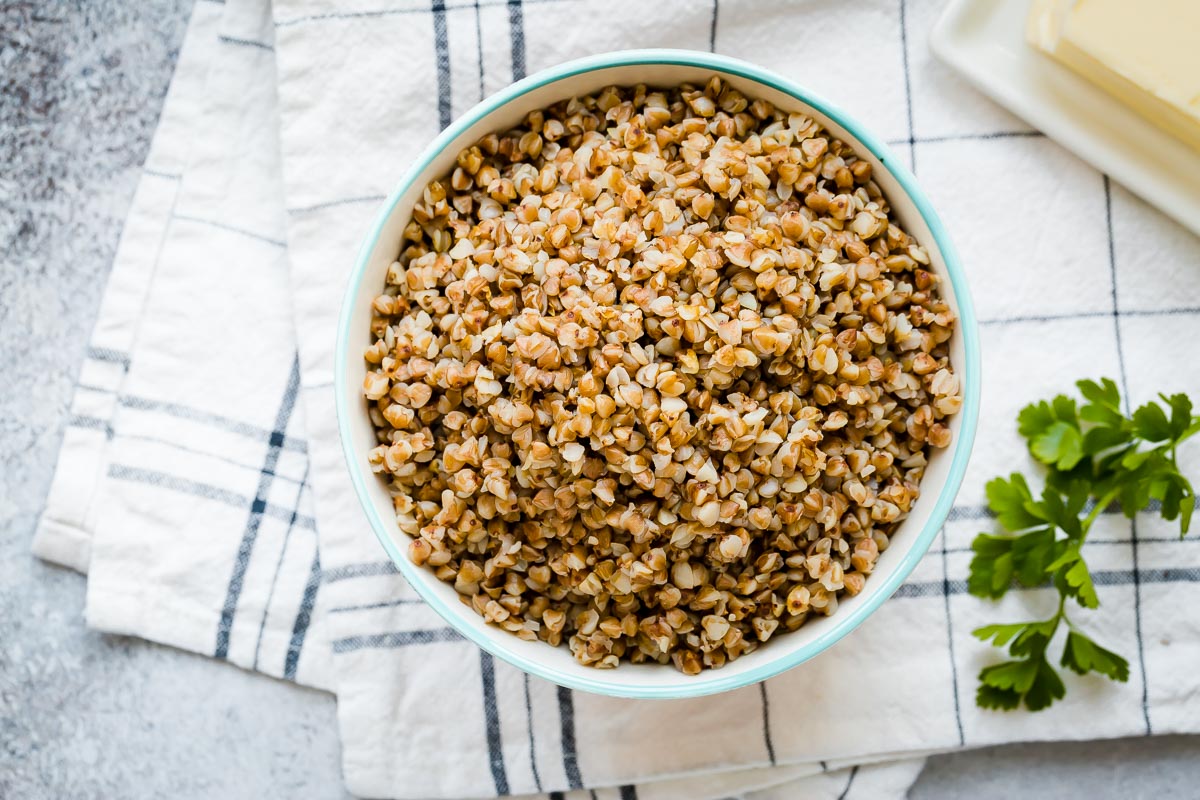Energizing and nutritious, buckwheat is available throughout the year and can be served as an alternative to rice or
made into porridge. While many people think that buckwheat is a cereal grain, it is actually a fruit seed that is related to rhubarb and
sorrel making it a suitable substitute for grains for people who are sensitive to wheat or other grains that contain
protein glutens. Buckwheat flowers are very fragrant and are attractive to bees that use them to produce a special, strongly flavored, dark honey.
When researchers followed almost 36,000 women in Iowa during a six-year long study of the effects of whole grains and
the incidence of diabetes, they found that women who consumed an average of 3 servings of whole grains daily had a 21
percent lower risk of diabetes compared to those who ate one serving per week. Because buckwheat is a good source of
magnesium, it is also important to note that women who ate the most foods high in magnesium had a 24 percent lower risk
of diabetes compared to women who ate the least.
Learn more on 'The World's Healthiest Foods'
